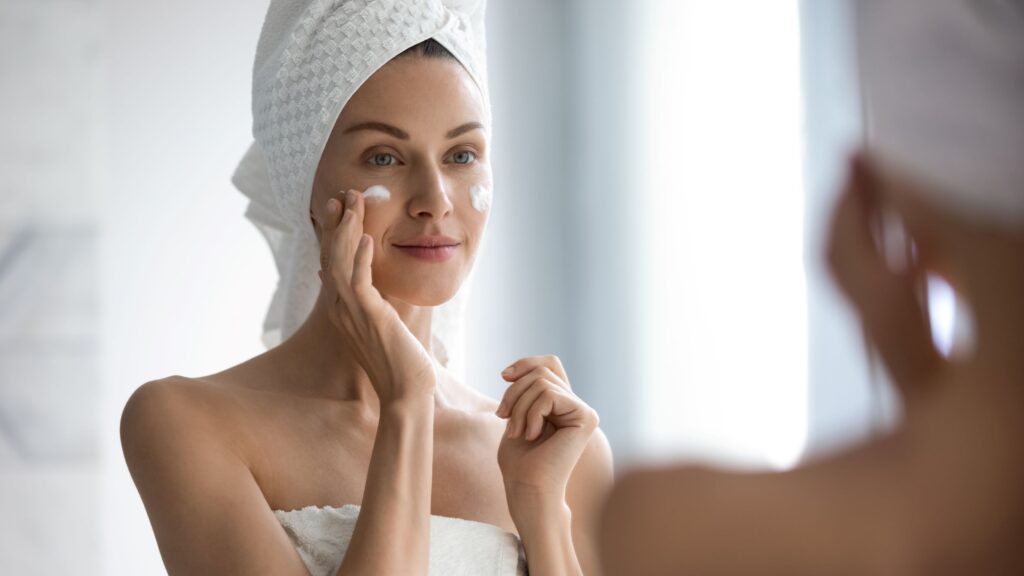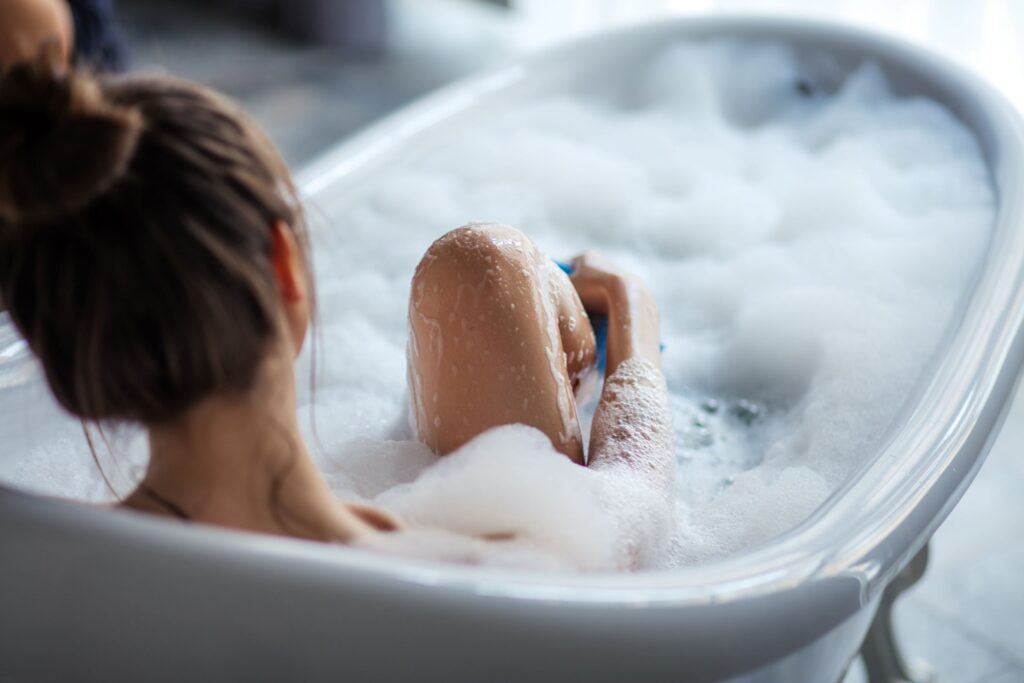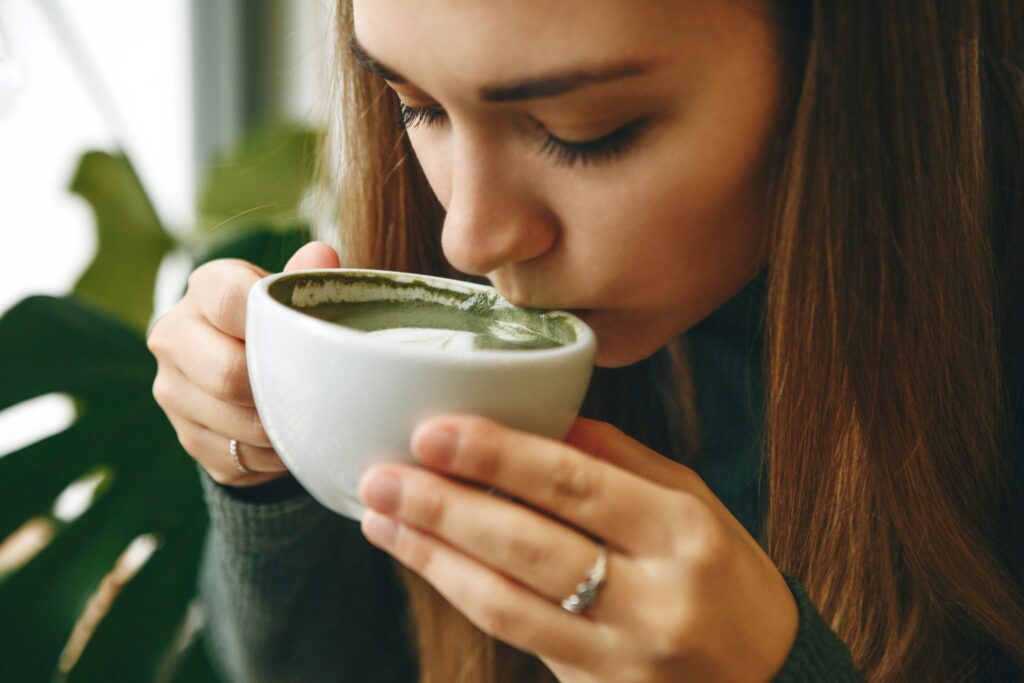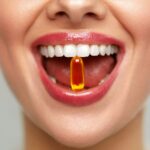12 Ways To Get Your Skin The Most Hydrated It’s Ever Been
Does your skin appear dull and feel dry or tight? It might be a sign of dehydration. Skin that’s lacking moisture has exactly the opposite look of a lit-from-within glow.
While slathering on cream, serums, and other skincare routine products are important to maintain your skin’s health and keep it glowing, skin hydration from the inside out is key to keeping it nourished.
You need to moisturize your skin through proper skincare. Without proper hydration, your dermis can become dull, itchy skin, tight, and inflamed. Long term, this has less than ideal consequences: Improper hydration can lead to premature ageing, developing things like sagging and wrinkles due to accumulated dead skin cells. But it’s more than that, too: Moisture plays a vital role in barrier function, one of the organ’s most important duties—without it, your natural skin barrier isn’t as protected from external aggressors.
But there are super-simple ways to keep your complexion hydrated from the inside out so you can wake up with healthy, naturally glowy skin every day. Hello, gorgeous!

What is hydrated skin?
It’s natural to think of water when you hear the word ‘hydration’. Rightly so, hydrating your skin means increasing its water content. If your skin is dehydrated, it can appear flaky, dull and dry.
Hydrated skin is smooth, radiant and has an even tone. To achieve this, you need to quench your skin’s thirst from time to time.
However, people often tend to confuse dehydrated skin with dry skin. Although used synonymously, there is an underlying difference between the two.
How to hydrate your skin: 12 steps
1. Drink water
It’s a no-brainer, but it’s also the most effective way to keep your skin hydrated. You’ve got to drink at least eight glasses of water per day for your body to function properly, and this is no exception. Dehydration will cause your skin to become dry and flaky, so make sure you’re getting enough water.
2. Use a humidifier
Winter is the worst time of year for dry skin, as the temperature is constantly dropping and humidity levels are low (at least in my corner of the world). To fix this problem, use a humidifier in your bedroom at night while you sleep—the added moisture will help provide an extra layer of protection against winter’s chill.
3. Use a face mask weekly
Masking has been an ongoing trend for years now, but that doesn’t mean it isn’t still effective—it is! Hydrating masks can help improve skin moisture retention (and overall health) by providing an extra boost of hydration without having to rely on outside sources alone.

4. Use a facial moisturizer after cleansing
There are two main types of facial moisturizers: water-based and oil-based—and you should choose which one you’ll use based on your skin type.
If you have oily or combination skin (or if you’re just looking for something lightweight), then a water-based moisturizer is probably best for you—these moisturizers typically contain hydrating ingredients like glycerin and hyaluronic acid to help hydrate the skin without adding any extra oil (which will only exacerbate things).
If you have dry or sensitive skin, then an oil-based moisturizer might be a better choice—these moisturizers typically contain ingredients like shea butter and jojoba oil to add extra moisture to the skin.
5. Use a lip balm daily
If there’s one thing I’ve noticed about my skin lately, it’s that it is really dry around my mouth and lips—and this is probably due to the fact that I don’t use a lip balm every day. Lip balms can help moisturize your lips and keep them hydrated and healthy—and they’re also pretty inexpensive.
6. Use a face oil daily
Face oils are great because they can be used in place of both a serum and a moisturizer (or together, if you want to make things even more effective). They’re especially good to retain moisture in your skin, which helps keeps things nice and plump all day long—plus, many face oils can improve overall skin health as well!
7. Take an Epsom salt bath once per week
Epsom salts have been used for centuries to treat ailments like acne, psoriasis, muscle pain, and so much more—nowadays they’re also being used as an effective way to hydrate skin. Epsom salt baths can help replenish your skin’s moisture, and will also help improve overall blood circulation and health.

8. Avoid washing your face too much
This one is probably the most controversial of all—many people have been told by their dermatologist that they need to wash their face twice per day in order to keep their skin healthy and hydrated, but this isn’t necessarily true. Washing your face too much can actually strip your skin of its natural oils and moisture—so, if possible, try to cut back on the frequency in which you wash your face (or at least use a gentle cleanser).
9. Eat foods rich in vitamin E
Vitamin E is an essential vitamin that helps protect against free radical damage, so it’s great for keeping your skin healthy and hydrated. Vitamin E hydrating foods include almonds, spinach, avocados, sweet potatoes, olives, olive oil, sunflower seeds (and other types of nuts), pumpkin seeds, asparagus, broccoli, berries (particularly blueberries), carrots, tomatoes, green leafy vegetables like lettuce and cabbage, leeks…the list goes on!
10. Eat foods rich in omega 3 fatty acids
Omega 3 fatty acids are great for your skin because they can help reduce inflammation, which is something that can happen when your skin gets too dry. Foods high in omega 3 fatty acids include chia seeds, flax seeds, walnuts, halibut, tuna, salmon, and sardines.
11. Drink green tea
Green tea is a great source of antioxidants, and drinking it regularly can help reduce inflammation and the appearance of wrinkles. Plus, it tastes delicious!

12. Try using an eye cream
Eye creams are great for reducing the appearance of crow’s feet and fine lines around your eyes—and they’re also great for hydrating the delicate skin around your eyes (which tends to be much drier than the rest of your face).
Do you have any tips on keeping your skin hydrated? If so, share them with us!






